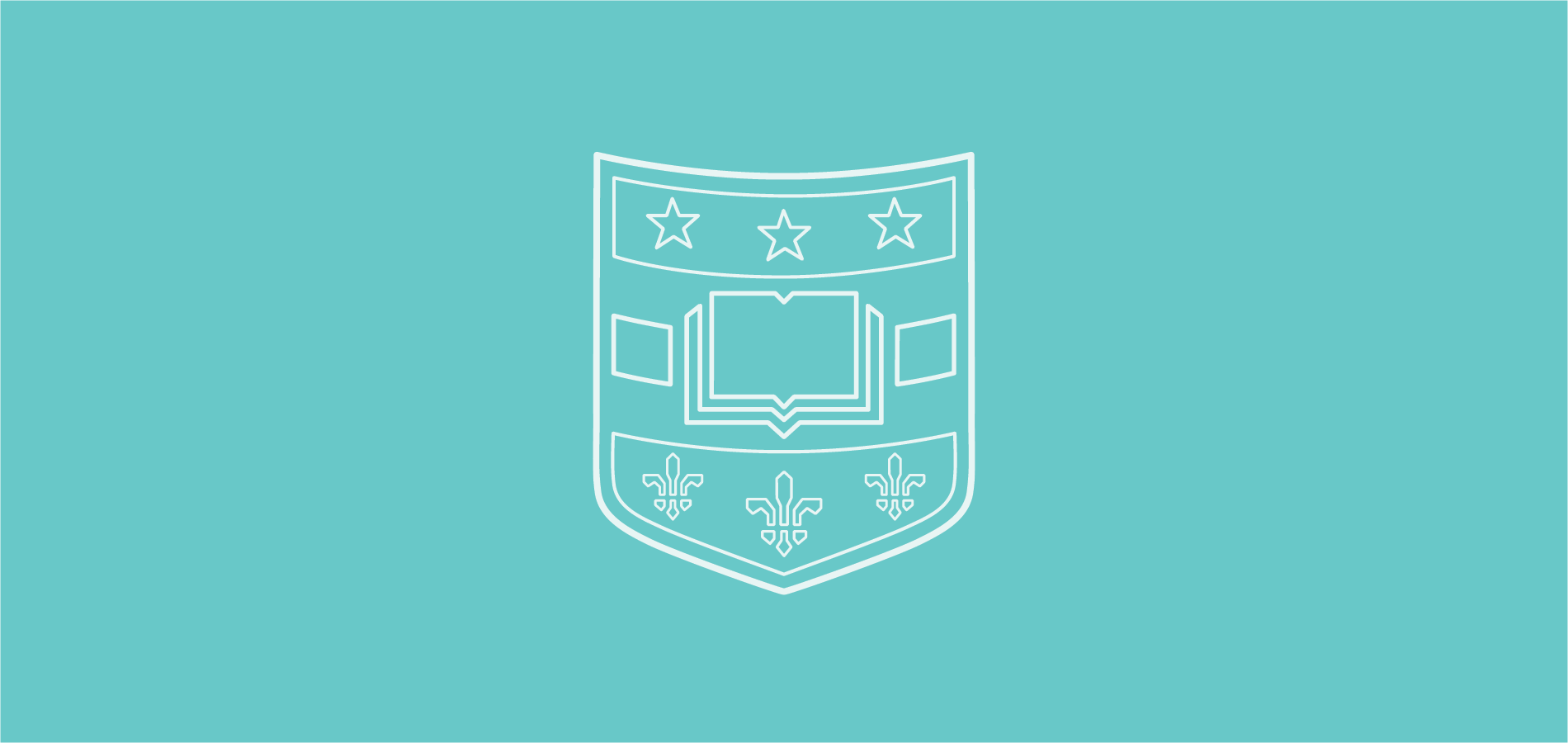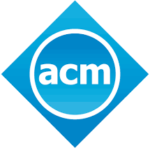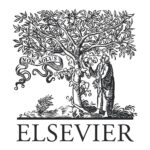
Open Access, Open October, and WashU
Open October is a month-long series highlighting trends in open science, open data, and open access.
Coincident with international Open Access Week, Open October will be celebrated at Washington University through events hosted by the Becker Medical Library, the Washington University Libraries, the Brown School Library, and the Institute for Informatics (I2).
Open access (OA) receives special recognition each October, but it’s important throughout the year. The mission of Washington University is “to discover and disseminate knowledge.” Working to enable the open sharing of research outputs and educational materials—in order to democratize access to knowledge, accelerate discovery, and increase the return on investment in research and education—is central to this function. This is also the goal of the Scholarly Publishing and Academic Resources Coalition (SPARC), the global coalition, of which WashU is a voting member, that established Open Access Week in 2008.
During Open October 2020 (OO2020), as we host talks by those who work to make research and scholarship more accessible, we hope to encourage members of the WashU community to learn from one another and share resources they’ve used to support their activities. We’re terrifically excited about this year’s events. Panel attendees will have the opportunity to discuss their own efforts with OA publishing, open research, and data sharing. Please do join us if your schedule permits.
OO2020 is also an opportune time to share other OA developments at WashU that may be relevant to your work.
ACM OPEN—Institutionally Paid OA for WUSTL Authors: The University Libraries recently negotiated a transformative open access agreement with the Association for Computing Machinery (ACM), the world’s largest scientific and educational computing society, which publishes ~25,000 articles per year in its ACM Digital Library. WashU-affiliated corresponding authors who publish works with ACM may now do so open access (via CC BY license) at no cost.
ACM’s Transformative Model has much to recommend it, with well-drawn terms that track model license language. The society maintains estimable transparency with respect to its publications’ finances. Pay-to-publish open access is not a panacea. Greater institutional investment and consortial funding is essential for building sustainable knowledge infrastructure. But this agreement has significant potential benefits for WashU authors and reflects the University Libraries’ commitment to Open Access.
All submissions made after January 1, 2020, are eligible to be made open access. Other research institutions participating in ACM OPEN include MIT, Caltech, Carnegie Mellon, the University of California, and the University of Cambridge.
Discount on APCs for Elsevier Journals: As part of the University Libraries’ journal subscription renewal, WashU-affiliated corresponding authors who publish in Elsevier-owned titles are eligible for a 25% discount on article processing charges (APCs). As of October 1, 23 WUSTL authors have secured the reduced rate.
Individuals should receive a link to the Elsevier Open Access Platform in an email from the journal editor upon acceptance of the manuscript for publication. If you submitted material prior to the implementation of the workflow in July, the discount should be applied retroactively. Please contact us if you need help resolving issues.
SARS-CoV-2: The coronavirus pandemic is a massive exogenous event for OA, and a systematic shock to the scholarly communications world that has affected nearly every aspect of research library work. It’s provided a passing glance at the possibilities of openness. It’s put public science on display—warts and all—and called attention to the need to hasten and improve the review and communication of research results.
At the University Libraries, we seek to help scholars navigate shifting publishing, intellectual property, and information policy landscapes in ways that promote dissemination, accessibility, and impact. For services and resources in this space, please visit scholarlycommunications.wustl.edu. To view Washington University’s Open Access Resolution, go here.

![This poster reads "Open [stylized open lock image] October: Highlighting trends in open science, open data, and open access. View the full month of virtual events and register at becker.wustl.edu/open-october." This link can also be discovered in the accompanying text on the page.](https://library.wustl.edu/wp-content/uploads/2020/10/open-october-1024x576.jpg)



